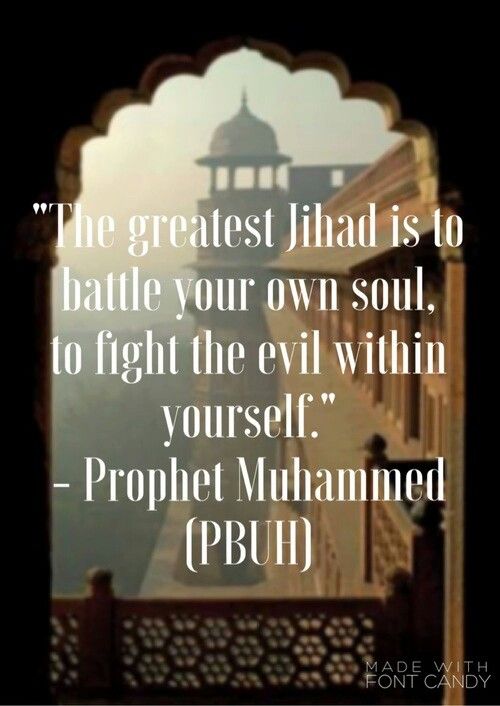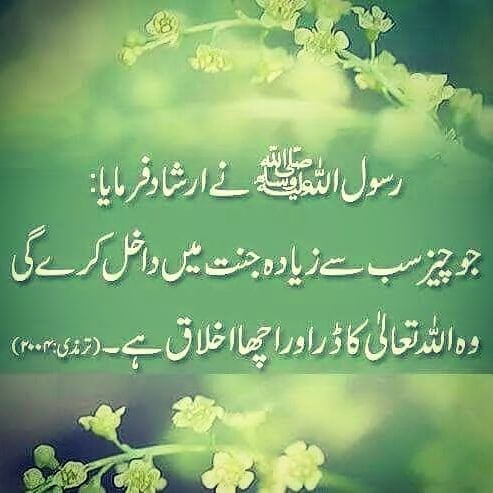SAVIOR OF MANKIND HAZRAT MUHAMMAD (PBUH)
Introduction:
Hazrat Muhammad (PBUH), the last Prophet of Allah, is the savior of mankind. He was born in the city of Mecca in the year 570 AD, and his life's journey spans over 63 years. He spent his entire life preaching the message of Allah, which emphasized the unity of God, the importance of compassion, and the need to do good deeds. In this article, we will explore how Hazrat Muhammad (PBUH) became the savior of mankind and how his teachings continue to guide and inspire millions of people around the world.
The Early Life of Hazrat Muhammad (PBUH):
Hazrat Muhammad (PBUH) was born into the Quraish tribe, which was the most prominent tribe in Mecca. His father, Abdullah, passed away before his birth, and his mother, Amina, passed away when he was six years old. He was then taken care of by his grandfather, Abdul Muttalib, and after his grandfather's death, by his uncle, Abu Talib.
Hazrat Muhammad (PBUH) grew up to be a truthful, honest, and trustworthy person. He was known for his kind heart, his respect for elders, and his love for the poor and needy. He was also known for his wisdom and intelligence, and he soon became a successful businessman and a respected member of his community.

The Beginning of His Prophethood:
At the age of 40, Hazrat Muhammad (PBUH) received the first revelation from Allah through the Angel Gabriel. This revelation, which is now known as the Quran, contained the message of Allah and the teachings that would guide humanity toward the path of righteousness. Hazrat Muhammad (PBUH) spent the rest of his life preaching the message of Allah and spreading Islam, which emphasized the importance of submission to God and the need to live a righteous life.
The Struggle for Islam:
The life of Prophet Muhammad (peace be upon him) is the story of a great struggle for the sake of Islam, which began when he received the first revelation from Allah (God) through the Angel Jibril (Gabriel) at the age of 40.
After receiving the revelation, Prophet Muhammad spent many years preaching the message of Islam to his family, friends, and neighbors in Makkah. However, his message was met with hostility and opposition from the people of Makkah, who were largely pagans and idol worshippers.
Despite the opposition, Hazrat Muhammad (PBUH) continued to preach the message of Islam and gained many followers. He faced persecution and violence from the people of Mecca, and many of his followers were tortured and killed for their belief in Islam. Hazrat Muhammad (PBUH) and his followers were forced to migrate to Medina in 622 AD, which marked the beginning of the Islamic calendar.
In 622 CE, Prophet Muhammad and his followers were forced to flee from Makkah to Madinah in what is known as the Hijra. This was a turning point in the struggle for Islam, as it marked the beginning of a new community of believers in Madinah and the establishment of the first Islamic state.
From Madinah, Prophet Muhammad continued to spread the message of Islam and faced many battles and conflicts with the non-believers. However, he always conducted himself with great dignity and compassion, even towards his enemies.
Throughout his life, Prophet Muhammad demonstrated unwavering faith in Allah and a deep commitment to the principles of Islam. His struggle for Islam was a struggle for truth, justice, and righteousness, and it continues to inspire and guide Muslims around the world today.

The Establishment of Islam:
In Medina, Hazrat Muhammad (PBUH) established the first Islamic state, which was based on the principles of justice, equality, and compassion. He united the people of Medina, both Muslims and non-Muslims and established a society that was based on mutual respect and cooperation.
Hazrat Muhammad (PBUH) also established a constitution that guaranteed the rights of all citizens, regardless of their religion or ethnicity. He preached the message of Islam and gained many followers, and soon the message of Islam began to spread to other parts of the world.
The establishment of Islam began with the life of the Prophet Muhammad in the Arabian Peninsula in the 7th century. Muhammad was born in Mecca in around 570 CE, and at the age of 40, he began receiving revelations from God through the angel Gabriel. These revelations continued over a period of 23 years and were eventually compiled into the holy book of Islam, the Quran.
Muhammad began to preach the message of Islam to the people of Mecca, calling on them to abandon their polytheistic beliefs and worship one God. He faced opposition from the Meccan elites, who saw his message as a threat to their power and wealth. Despite this opposition, Muhammad and his followers continued to grow in number.
In 622 CE, Muhammad and his followers were forced to flee Mecca for the nearby city of Medina, a journey known as the Hijra. This event marks the beginning of the Islamic calendar. In Medina, Muhammad established a community of believers and worked to spread the message of Islam throughout the Arabian Peninsula.
Over the next decade, Muhammad and his followers fought a series of battles against the Meccans and other Arab tribes. In 630 CE, Muhammad and his army conquered Mecca and established Islam as the dominant religion in the region. Over the next few years, Islam spread rapidly throughout the Arabian Peninsula and beyond, with Muhammad sending envoys to neighboring kingdoms and empires to spread the message of Islam.
Following Muhammad's death in 632 CE, his followers continued to spread Islam throughout the world. The early caliphs, or leaders of the Islamic community, conquered territories in the Middle East, North Africa, and Spain, spreading Islam to new regions and establishing the foundations of an Islamic civilization that would endure for centuries.
The Last Days of Hazrat Muhammad (PBUH):
Hazrat Muhammad (PBUH) spent the last years of his life in Medina, where he continued to preach the message of Islam and guide his followers. He performed the pilgrimage to Mecca in 632 AD, which is now known as the Hajj, and delivered his final sermon, which is known as the Farewell Sermon.


You must be logged in to post a comment.